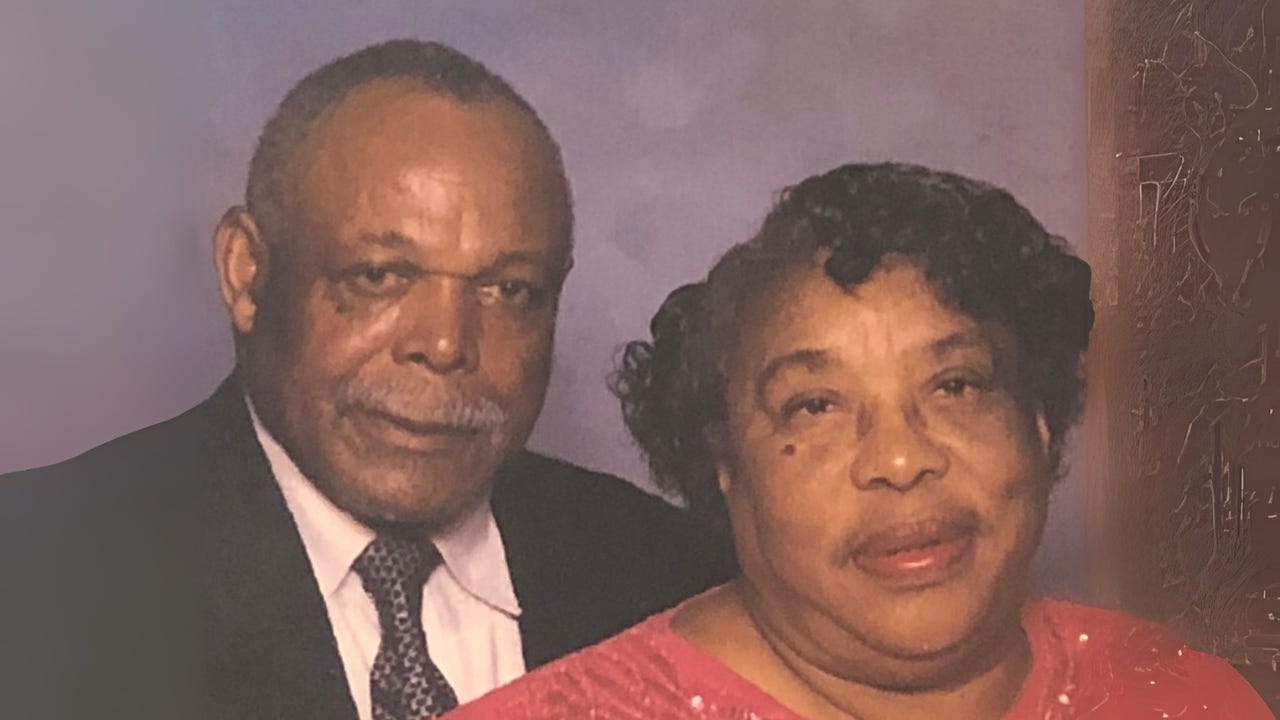What My Grandparents Taught Me About Real Health
How social determinants — not just diet — shape our heart health.
September always feels like an opportunity for a fresh start as summer ends and Fall begins. It also reminds me how watching my grandparents' health journey impacted my thoughts on cholesterol and heart health today.
Both my grandparents struggled with diabetes and high cholesterol. When I was a kid, I didn’t think much about it as I had grown accustomed to watching them juggle medications and confusing doctor’s visits. Even though they always had my mother (their youngest daughter) by their side, it wasn’t until I got much older that I could fully grasp what they were going through.
I remember my mother going back and forth with my grandparents about eating “healthier” and them completely dismissing her suggestions. Let’s be honest: after years of our parents telling us “what to do,” the last thing they want is their child to switch roles.
Caregivers, like my mom, often track the numbers on the lab reports and follow through with the doctor's recommended dietary and lifestyle changes accordingly. However, these lab reports miss the impact of stress, access to care, and limited resources on health outcomes.
That’s why making National Cholesterol Education Month the theme for our community this September matters to me personally. Many conversations about cholesterol focus on the dangers of high numbers, which makes sense given the occurrence of heart disease within the Black community. However, what gets missed is how social determinants of health (SDoH) affect these risks.
This is important to consider as cholesterol levels may be lower in many Black communities, yet cardiovascular disease (CVD) mortality is higher. I was shocked when I heard this statistic until I started learning more about SDoH. I hadn’t previously considered that healthcare access and quality (a SDoH) can impact whether we receive regular preventive screenings, work with doctors who listen to our concerns, and access affordable, healthy food.
When I think about my grandparents, I can’t help but consider how impactful my mother’s advocacy was for them. Her taking them to their preventive screenings meant that health issues were caught early enough to be addressed. Since my mother had a nursing background, she knew how to talk to the doctors in a way they would actually listen to. As my mother became the primary grocery shopper and cook in the household, she was able to make adjustments to their diets that were still culturally relevant.
My work at the EBWH Community today is driven by the importance of advocacy and caregiving for the health of our communities. This is partially why I won’t be telling you about “what to do” and “what to avoid” this month. Instead, I’ll focus more on ensuring you have the information you need to make an informed decision regarding your health and the health of those you care for. Better health isn’t about rules, but having the tools to make choices that fit your lifestyle. Chat soon!
What’s one lesson you learned from watching a loved one manage their health that still influences how you care for yourself today? Share with the community in the comments below.




